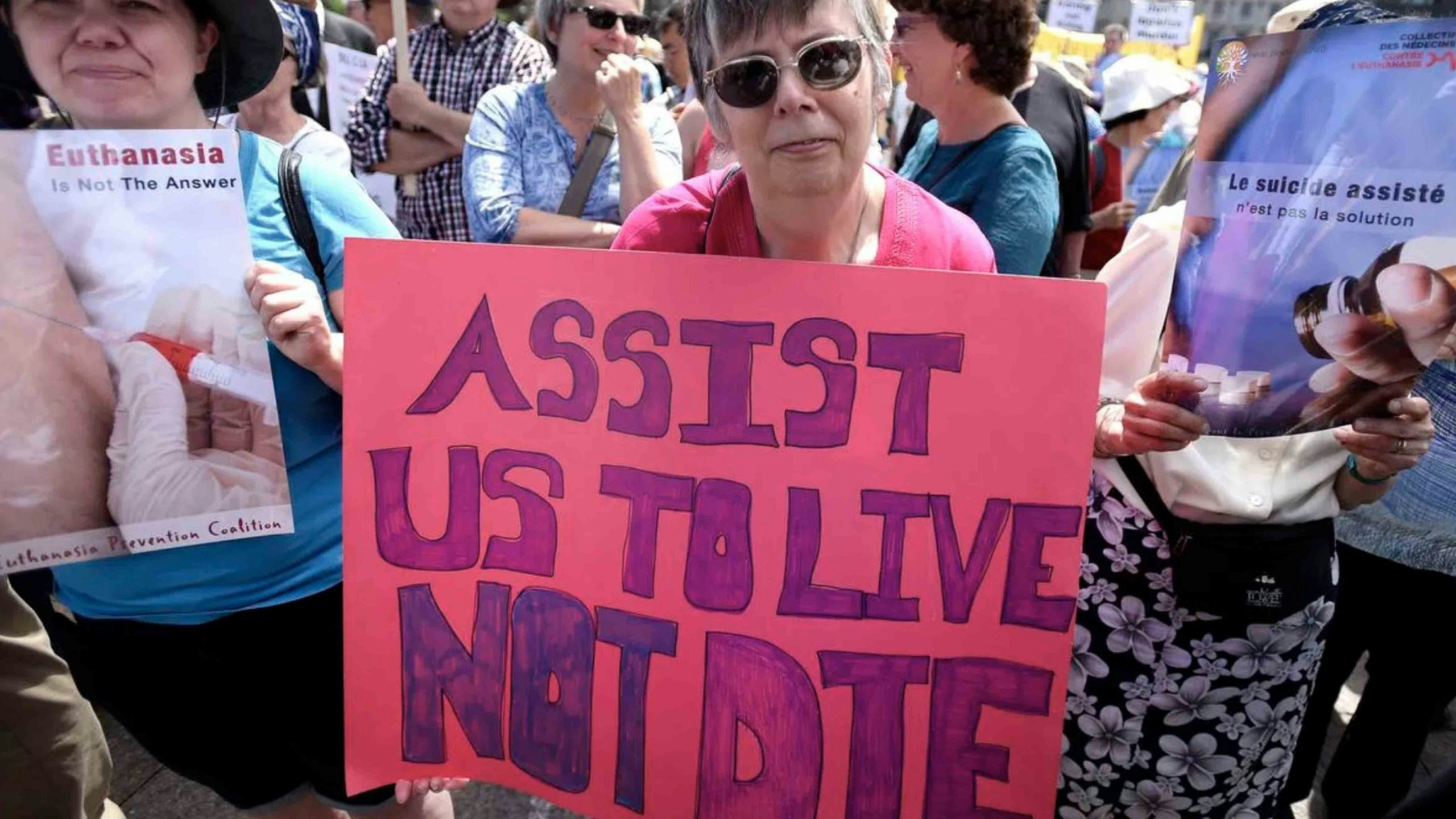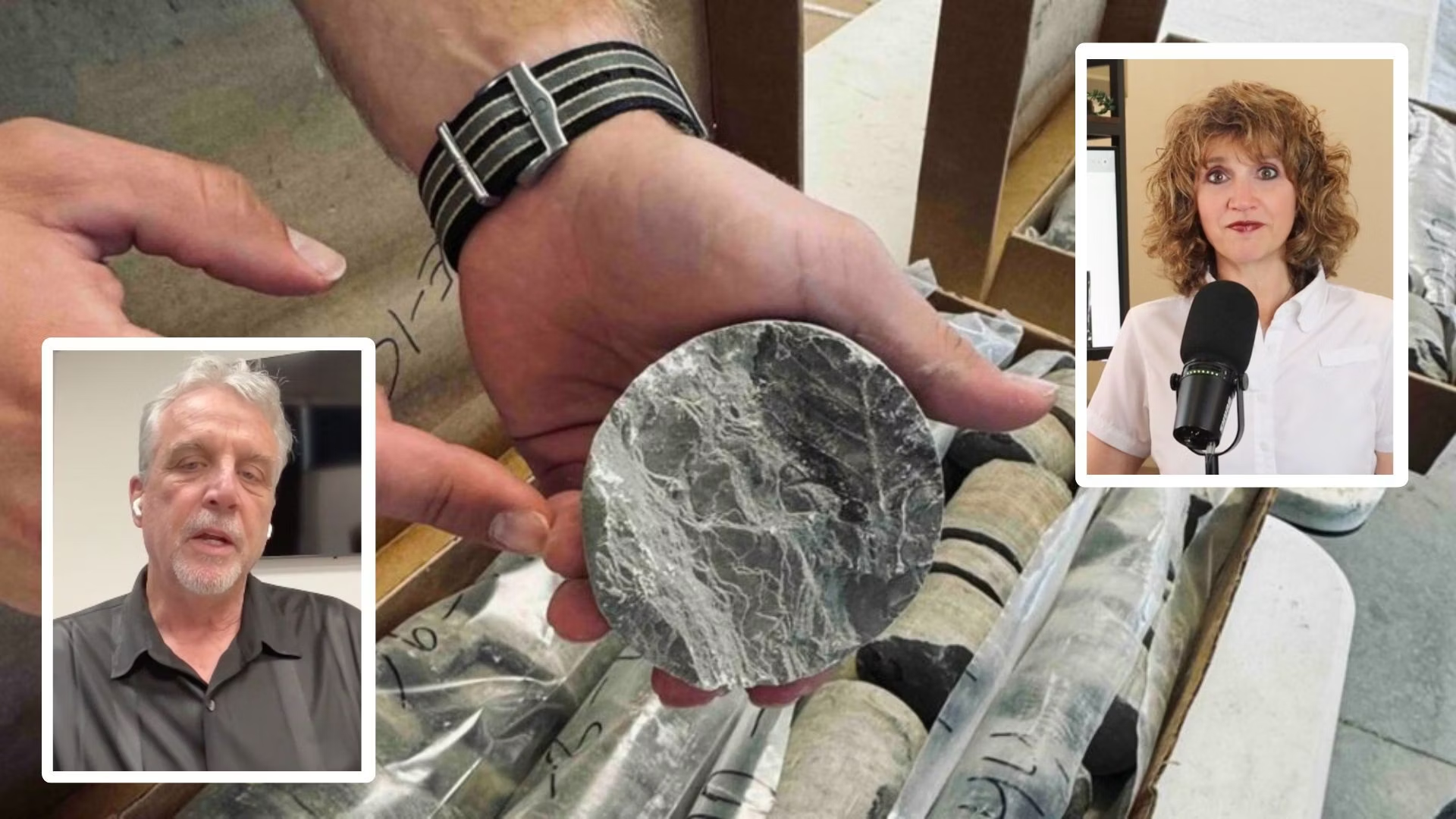Clarification: this story has been clarified to note that medical aid in dying, not euthanasia, has expanded in North America.
By Clair McFarland, Cowboy State Daily
Clair@CowboyStateDaily.com
Canada is set to expand access to medically-assisted death in March, and there are 10 U.S. states that allow the process. But Wyoming is not likely to follow suit, according to three state lawmakers who specialize in health law.
Canada revised its Medical Aid In Dying (MAID) law in 2021, extending medically-assisted deaths to people who aren’t certain of an imminent natural death but still have incurable medical conditions. The law is set to grow again in March to include people with incurable mental illness.
The nation’s government touted the change as a mercy for people who are “suffering intolerably.”
But three Wyoming lawmakers, Rep. Sue Wilson, R-Cheyenne, Sen. Fred Baldwin, R-Kemmerer, and Rep. Cathy Connolly, D-Laramie, told Cowboy State Daily on Tuesday that Wyoming is unlikely to pass any medical death legislation.
Connolly, who is one of a handful of Democratic lawmakers in Wyoming and who is leaving the Legislature in January, co-sponsored an unsuccessful medical-assisted death bill in 2015.
She said she still supports the concept, but it would have to be approached with care.
Wilson said she does not support the concept. Baldwin said he’s “generally not a supporter” but it’s a complex and emotional issue he’d have to research.
Constitution
Connolly said that Article 1, Section 38 of Wyoming’s Constitution may allow medically-aided deaths. The section, which has been used to halt the state’s law against abortion, promises personal autonomy in health care decisions.
“Ultimately, I do think (assisted dying) is a health care decision,” said Connolly, noting that people with terminal diagnoses can refuse medical care in Wyoming.
“We respect that,” she said. “And so, what is it that makes the difference between refusing care and hastening the process?”
Connolly said Canada’s provision allowing such deaths for people who have mental illnesses by next March deserves careful thought. Because, she said, not all people with mental health issues are competent to consent to die – though many people with mental health issues still are competent.
Currently, only adults with “grievous and irremediable” physical conditions can apply for medical aid in dying in Canada.
Government Savings
Canada’s health care system is government-funded.
Connolly said notions that the government could be writing medical-death-friendly laws to save itself money on health care costs strike her as “cynical.”
“That sounds like a real stretch,” she said. “I have far more faith in government and people, and our love and concern for people.”
But Wilson, who co-chairs the Legislature’s Labor, Health and Social Services Committee, was not willing to rule out the notion or to adopt it.
“Well, that’s certainly a terrible thought,” said Wilson.
“Whoever is paying for (health care), there’s an incentive to reduce your expenses … (and) certainly you could make that argument,” she said. “But I wouldn’t want to make that accusation.”
More ‘Conservative’
Wilson said Tuesday that since the death with dignity bill failed in 2015, the Legislature has grown even more “conservative,” which she said will make the body less likely to pass similar laws.
“(It) would be extremely unlikely,” she said.
Unlike Connolly, Wilson said she has opposed medical death legislation.
“We’d be far better off spending our efforts improving our mental health systems, so people don’t feel the need to kill themselves early,” she said.
She referenced medical-death laws in other countries.
“I think it’s just tragic, (the idea) that we would as a society let people kill themselves rather than attempting to help them, so they can live out a good life,” she said, adding that she hopes Wyoming can combat suicidality by appropriating more money to bolster the mental health system.
She also expressed her support for two bills that could surface in January allowing interstate compacts to give Wyomingites greater access to mental health providers.
Religious Connection
The biggest changes to prevent suicidality should occur outside the Legislature, said Wilson.
“There is research showing that people who have some sort of a religious connection in their life are much less likely to kill themselves,” she said.
Wilson said she hopes to see Wyoming communities and clergy to get involved in people’s lives and to support people who are struggling.
“That’s not to say people in the government don’t care. They do care; they’re doing that kind of work,” she said. “But to be able to recognize the protective effect that religious beliefs have on people’s mental health and how they cope with their struggles would be really helpful.”
She emphasized again that it’s not the job of Legislature to entangle with “people’s religious beliefs.”
Both Wilson and Connolly chose not to run in this election cycle and are leaving the Legislature in January. Connolly has served for 14 years and Wilson for 10. They both said that was long enough.
‘Death With Dignity’
Rep. Dan Zwonitzer, R-Cheyenne, was the other co-sponsor on the Death With Dignity bill that Connolly supported in 2015. He said he doubts he’d ever bring that legislation back, saying that “Republican politics (have) changed” since then.
“The social conservative wing of the Legislature, as well as the Republican Party, are now fully fixated on the term pro-life until natural death,” said Zwonitzer.
If it had passed, Zwonitzer and Connolly’s bill would have allowed capable patients with terminal diseases to request a self-administered medication that would “hasten” death.
Pro-Life
Baldwin did not opine on the concept generally, but agreed with his peers in the Labor and Health Committee that medical death legislation is unlikely to appear anytime soon. He co-chairs the committee with Wilson.
“Given the very strong pro-life support in the state I would think that even if proposed, the likelihood of success would be quite low,” he said in a Tuesday email to Cowboy State Daily.





